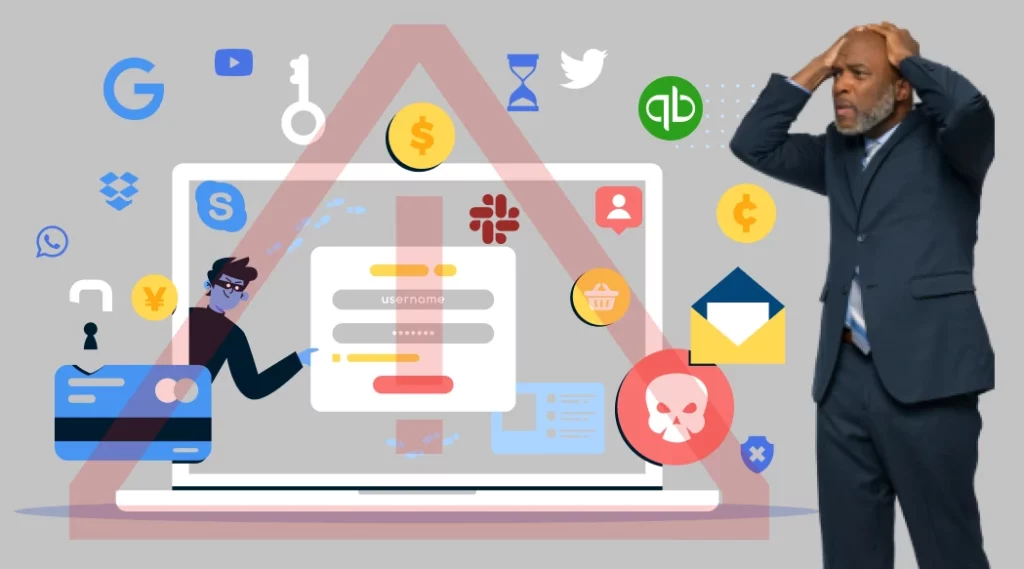Lawyers and law firms are increasingly becoming targets of data breaches, resulting in stolen and leaked credentials. These data breaches can have serious consequences for both lawyers and their clients. Don’t let your firm be the next victim, take action now to prevent data breaches.
Data breaches are a significant threat to the legal profession, especially in the digital age. Hackers and malicious actors can obtain sensitive data such as client information and case files, putting lawyers and their clients at risk. It’s important for lawyers and law firms to be aware of these threats and take steps to mitigate them.

Examples of Data Breaches Involving Lawyers
Grubman Shire Meiselas & Sacks
A cyberattack in May 2020 resulted in the theft of 756GB of data, including contracts, personal emails, and confidential client information.
DLA Piper
In 2017, a ransomware attack brought down DLA Piper’s systems in multiple countries, disrupting operations and potentially exposing sensitive information.
Bryan Cave Leighton Paisner
A misconfiguration in a database left confidential client information exposed on the Internet for over a year.
Mossack Fonseca
The 2016 Panama Papers leak exposed over 11 million documents from this offshore law firm, including sensitive financial and legal information.
Causes of Data Breaches in Law Firms
Phishing scams
False emails, texts, and calls deceive recipients into handing over sensitive information or downloading malicious software.
Weak passwords
Easy-to-guess passwords or passwords used across multiple accounts can leave important information exposed.
Malware
Malicious software, including viruses and ransomware, can infect computers and steal sensitive information.
Human error
Simple mistakes like misconfiguring databases or failing to install security updates can leave sensitive data vulnerable to attack.
Impact of Data Breaches on Lawyers
Data breaches can have serious consequences for lawyers and law firms, including:
- Damage to the firm’s reputation and loss of clients
- Financial loss due to legal and remediation costs
- Potential legal action or regulatory penalties
- Loss of important data and confidential client documents
- Inability to serve clients due to system downtime
Ways to Prevent Data Breaches in Law Firms
Implement two-factor authentication
Add an additional layer of security by requiring a second form of identification — This has been the traditional thinking. However, recent sophisticated attacks has either bypassed or intercepted two-factor session that have made all traditional multi-factor authentication vulnerable. Best protection is to have bearer-aware credentials that traceback to legitimate users rather hackers who intercepted or stole them. More can be read here.
Encrypt sensitive data
Protect confidential client information by encrypting it so that it is unreadable by unauthorized parties.
Provide cybersecurity training
Train employees to recognize and respond to potential cyber-attacks, and educate them on best practices for security.
Legal and Ethical Considerations for Data Breaches
Lawyers and law firms have a duty to protect client information and comply with legal and ethical standards. In the event of a data breach, it’s important to:
- Notify affected clients and authorities as required by law
- Cooperate with investigations and audits
- Take steps to prevent future incidents
- Provide support and resources to affected clients
Conclusion and Key Takeaways
Data breaches are a serious threat to lawyers and law firms. Taking proactive steps to prevent data breaches can protect your firm and clients from the harmful consequences of a breach. Remember to:
- Implement security measures such as bearer-aware, hacker-safe authentication
- Train employees on best practices for security and data encryption
- Comply with legal and ethical standards in the event of a breach
